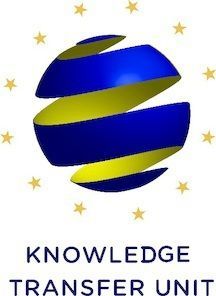Summary: aims and objectives
KTU aimed at developing a sustainable relationship between universities and economy in Ukraine. The wider objective of this project was to strengthen the partner country universities (PCUs) in a way that will allow them to fulfill their central role as innovators in their national economies and to become a respected partner of the enterprises.









